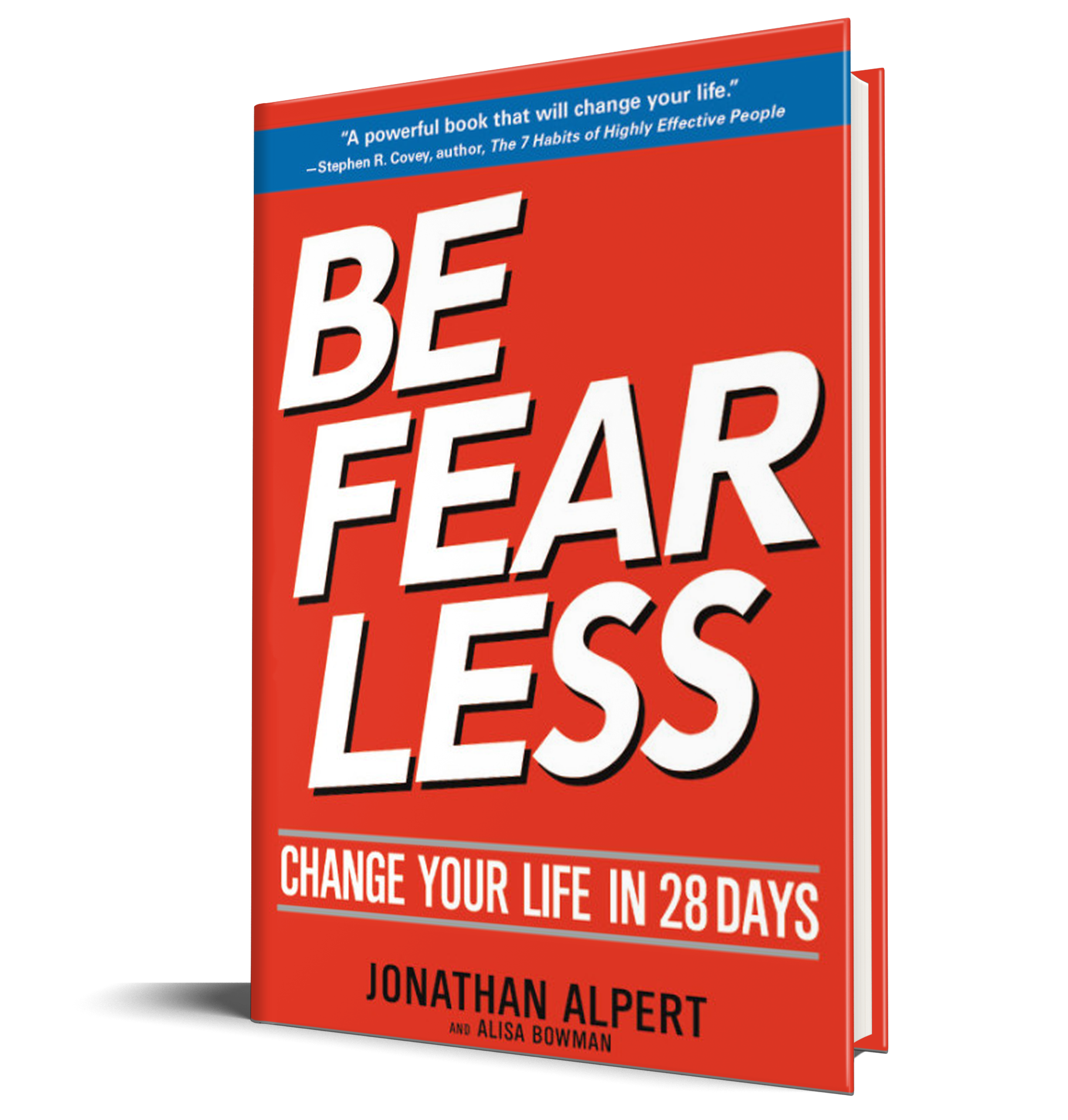Now that life is getting back to some semblance of normal for most people, it’s important to think about how you manage your time and just how critical that can be for productivity and mental well-being.
Many of my clients with busy schedules still find a way to do things for themselves and their families. How? They do it by prioritizing. They know what’s truly important, what’s urgent, and what isn’t. They know how to say no to certain things and yes to other things. And they know how to maximize the time that they do have and not dwell on time that they don’t have.
Time can’t be recovered, made up for it, or reversed. There are 24 hours in a day and 168 in a week, and those numbers are not changing. What can change though is what you do with those hours and how you think about them.
Here’s how you can optimize your time:
1. Track how you spend your time. Do this for one week. Many people are entirely unaware of what they do hour to hour and where the day goes. The simple exercise of noting what you’re doing each hour can have a huge impact. One recent client told me how she spent 15 minutes every morning trying to decide what to wear each day. That’s almost two hours a week. Another client told me how he spent almost an hour a day in one sitting reading sports scores even though his intention was to just “check them quickly.” Track your time and know where you’re spending it.
2. Get up 15 minutes earlier than you normally do. Doing so will provide you with an extra 75 minutes in your work week. Many of my clients who are business leaders talk about how they maximize their mornings and see it as a time to respond to emails without the distraction of telephone calls or they use it to do their daily workout.
3. Make a distinction between vital and optional tasks and activities. Structure other tasks around those that are vital. Schedule your day by doing the important tasks first. This is when you are freshest and energetic. So often the less important tasks get in the way of other things that need to be done. For many this is a distraction. It’s easier to do the things that aren’t as important. Fear leads to procrastination and ends up keeping us stagnant.
4. Schedule Internet use. So often people lose their sense of time when they are online. Given the sensory overload, people are drawn into cyberspace and rarely can stick to just their intended task. Think about how many times you went online to read the news or check the weather and ended up staying much longer reading other articles. Schedule time and stick to it. In addition, log out of email and social media accounts. Staying connected to such accounts will only distract you and waste time, especially when you are on a deadline or working on an important project.
5. Keep your expectations in check. Are your expectations reasonable or unreasonable? For example, are you trying to go to the gym, get the kids ready for school, do laundry, and walk the dog all before 9:00 a.m.? Set yourself up for success, by scheduling only what you can realistically do.
6. Change your thinking. “I’m so busy” and “I don’t have time for anything” are negative comments that are sure to keep you feeling overwhelmed. Instead, you might think, “I will make good use of the time that I do have” or “I can only do so much in one day and I will make sure I accomplish what is reasonable today.”
7. Keep your surroundings clean and organized. A cluttered desk will distract you as will a messy home. By keeping things in order you’ll keep information organized in your head and minimize the possibility of losing items and having to spend time looking for them.
Will this be your week to make changes and start to maximize your time?
For more tips on living a healthy stress free life check out my book Be Fearless: Change Your Life in 28 Days.



